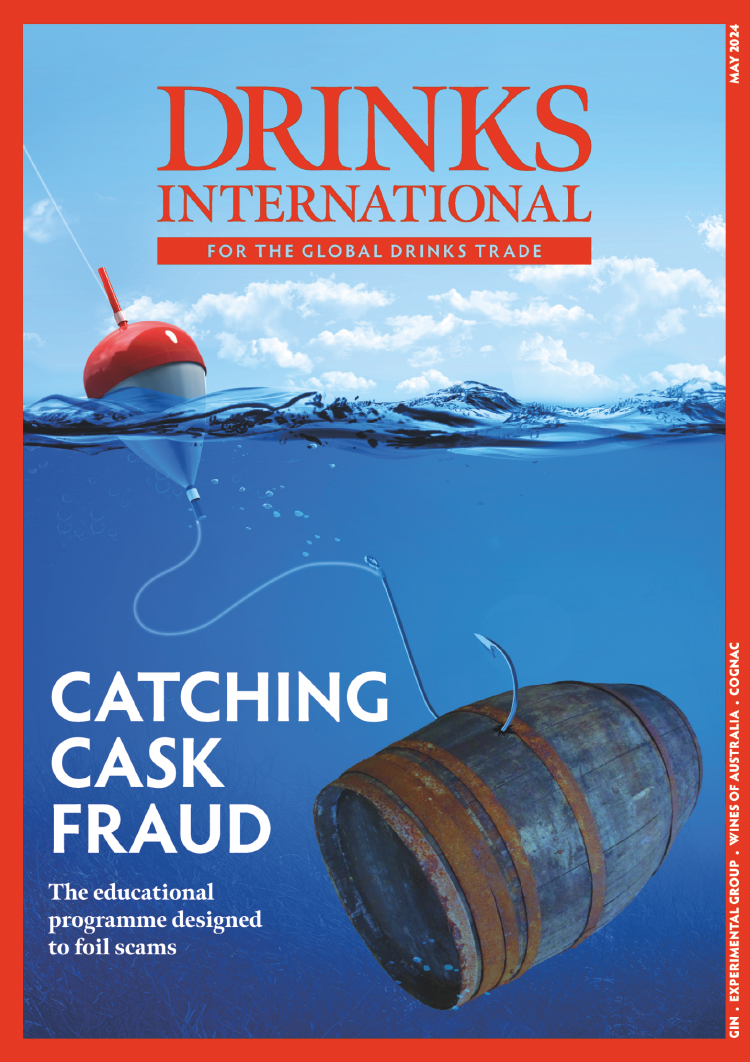----------------
Tell us a little about the history of Cape Town’s drinking culture.

Cape Town, in my opinion, has always been at the forefront with regards to food and drink, and culturallythere has been a shift in consumer attitudes within South Africa. This can be attributed to a number of developing sectors, namely: wine, brandy, coffee, craft beer, design, art, culture and food. And let’s not forget tourism, which has indirectly shaped the industry for the better, having an influence on demand and consumer habits.
Over the past several years, the industry in comparison to that of Johannesburg and Durban has changed for the better. Many microbreweries and distilleries have opened, competing against the familiar giants of yesteryear. Coffee and wine culture has become increasingly competitive and the demand for ethically sourced produce is higher than ever. These are exciting times when Cape Town is set on becoming the food and beverage capital for the African continent. Consumers are now more educated and informed and are drinking better, with wine and craft beer being the preferred choices within South Africa. However, in the past two or three years, brands have had a vested interest in bartenders who have started to veer towards well-executed classics and contemporary drinks.
When did the city get into cocktails?
As a nation we still have some way to go, but we are not far off, with Cape Town in the past five years being at the forefront of its development. The industry is incredibly enthusiastic and supportive of one another, striving towards the standards of what is expected abroad. For an emerging nation with such great restrictions we are definitely holding our own and are continually evolving.
There has also been an air of excitement with the World Class Global Finals being held in Cape Town – a first for the African continent. Not only do I see the impact it will have for many years to come, it also allows us as a nation to showcase globally “market opportunity”, thus inviting potential investors and brands, along with talented bartenders and bar luminaries to help with its development and, in turn, creating job opportunities within an open market.
Who and what are the pioneer bartenders and bars?
Many have helped and are continuing to help the South African bartending community, each contributing from a flair, brand ambassadorial role, mobile bar and/or consultancy. Paul Hetreed, owner of Asoka, has to be credited in many ways for starting the movement in Cape Town, along with Raymond Endean. And not forgetting Kevin Snyman, who used to work with Bacardi SA along with Richard Irwin who moved to take on the Bacardi MEA role launching the Bacardi Legacy programme, and Alex Farnell who is doing incredible work for the Reserve Portfolio for the World Class programme.
What are the challenges for bartenders/owners?
Bartenders seeking better working opportunities abroad to further their careers.
What are your favourite bars in your hometown?
These would be on my go-to list: The House of Machines; Publik Wine Bar; Power & The Glory for a sneaky after work beer; Ronnie’s Sex Shop – don’t be fooled by the name, this dive bar is one of my favourites, one for your bucket list. Take the scenic route along Route 62 – you will not be disappointed.




